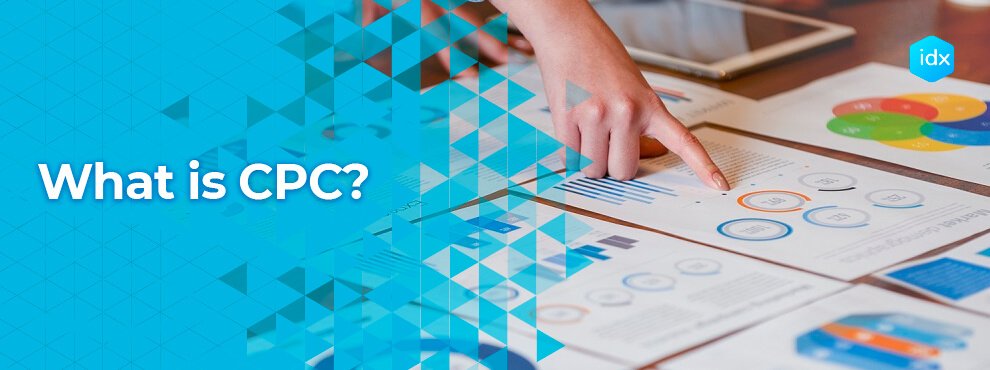
The Cost Per Click (CPC) in marketing is the amount that we must pay to our sponsor in Internet search engines (e.g. Google) for each click that a user makes on our ads. Its main advantage is the savings compared to other means of payment.
In Google, the CPC offers a realistic measure of the value of each ad, since a click implies that a user who has been interested in our offer, even if he does not subsequently make a purchase.
how does a pay-per-click campaign work?
Since several advertisers can buy the same keyword, the one that bids the most money will get a better position in the sponsored ads area. However, as an ad becomes more popular (has more clicks), it will improve its position in the ad area and the cost of the keyword will decrease.
In other words, it is like a competition in which the advertiser who provides the bid with the highest demand wins, regardless of what he paid at the beginning.
This is why CPC is an excellent payment system in Google for entrepreneurs, start-ups and established companies that do not have a large budget for sponsored links.
Today, millions of websites (from small blogs to online stores owned by major companies) promote their products and generate revenue through pay-per-click campaigns.
Cost per click (CPC): formula
To calculate the cost per click or CPC, the formula is to divide the cost of the ad by the number of clicks received:
CPC = Cost / Clicks
For example, an ad that has cost 1000 ¤ and has received 200 clicks, has a CPC of 5 ¤ in Google. It is clear to see that the higher the number of clicks, the lower the CPC.
But this is not the only formula.
Sometimes it is preferable to calculate the CPC in marketing using the CPM (Cost per Thousand) and the CTR (Click Through Rate). The formula is as follows:
CPC = 0.001 – CPM / CTR
We can also calculate it based on the Conversion Ratio and the Cost Per Action (CPA), as follows:
CPC = Conversion Ratio – CPA
These formulas are of vital importance when implementing your pay per click campaigns on Google.
Google CPC in Adwords
The above formulas are quite general and are part of the basic baggage of any CPC campaign. However, they do not take into account the characteristics of the sponsored links service we hire. The cost per click or CPC in Adwords depends largely on 2 factors:
- Quality Score: the quality and relevance rating that Google gives to your keywords and ads
- The AdRank that your closest competitor’s ads have reached
The CPC in Adwords will always be less or equal to the maximum bid you make to Google.
In fact, the formula to calculate the CPC in Adwords is:
CPC = AdRank competitor / Quality Score + 0.01
As you cannot control the AdRank of the competitor, the only way to decrease the CPC in Google is to improve the Quality Score by improving the relevance and quality of your ads.
In addition, Google rewards these improvements with discounts and penalizes the decrease of the Quality Score. Likewise, the higher ranking your closest competitor has, the higher you have to pay per click as your CPC campaign progresses.
Related Posts









Subscribe to Newsletter
Subscribe to our newsletter to be informed about Innovadeluxe news and offers, and you will also receive free information about marketing tips to increase sales in your business.
Basic information on data protection
Responsibility: We inform you that the personal data you provide by filling in this form will be processed by IDX with CIF: B86091451 as the company that owns and is responsible for this website. Purpose: The purpose of the collection and processing of personal data is to manage the request for information on products, services or commercial promotions offered by IDX through www.innovadeluxe.co.uk. Legitimation: Consent of the interested party. Recipients: Our system hosts the information on servers located at www.ovh.es, and we also use Acumbamail.com to manage our email communications. Rights: You may exercise your rights of access, rectification, limitation and deletion of data at rgpd[at]innovadeluxe.com as well as the right to lodge a complaint with a supervisory authority. Additional Information: You can consult the additional and detailed information on Data Protection in the Legal Notice.